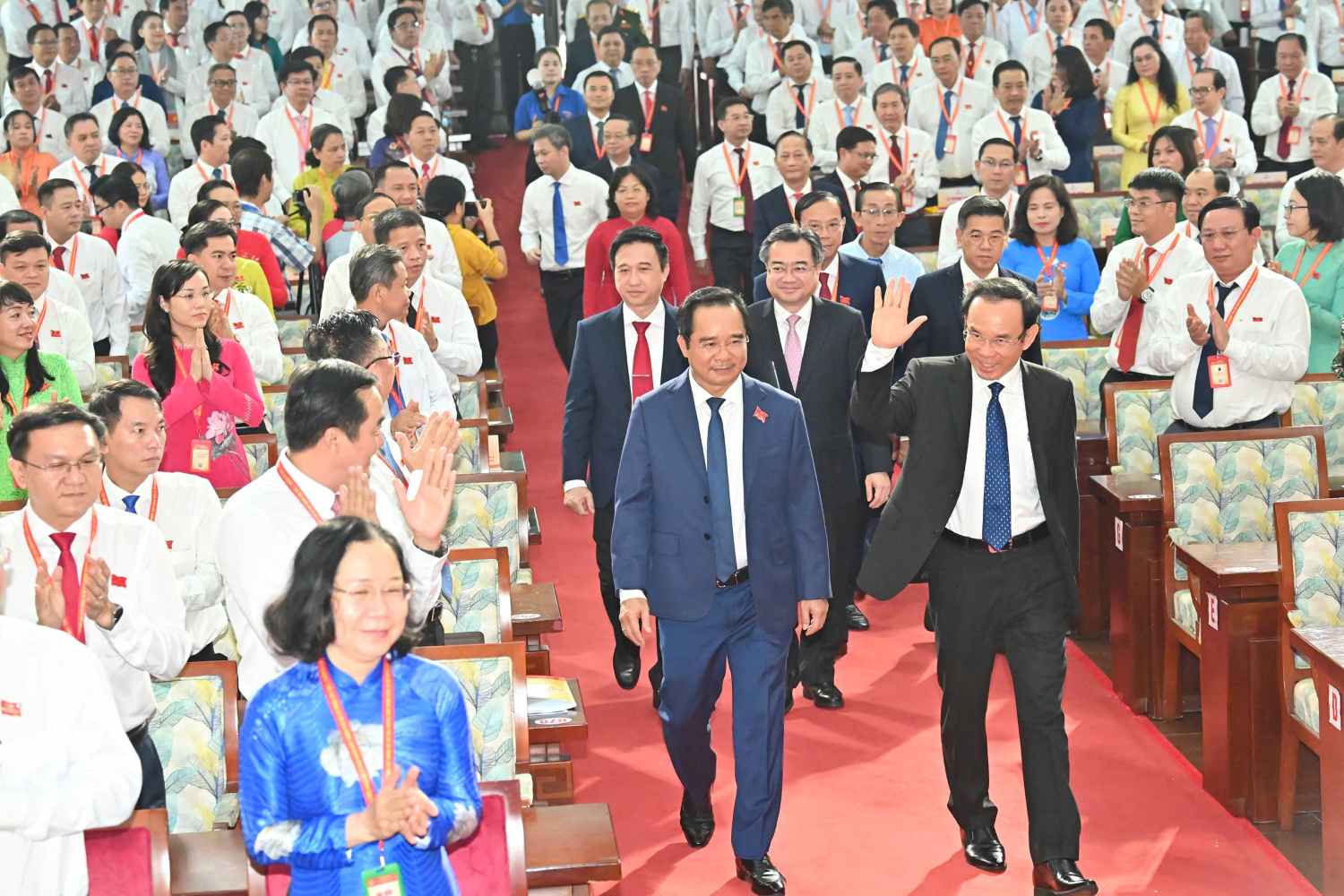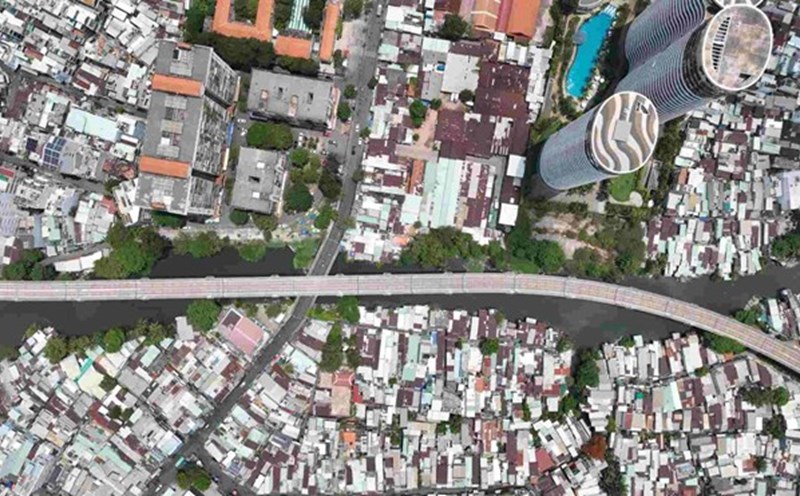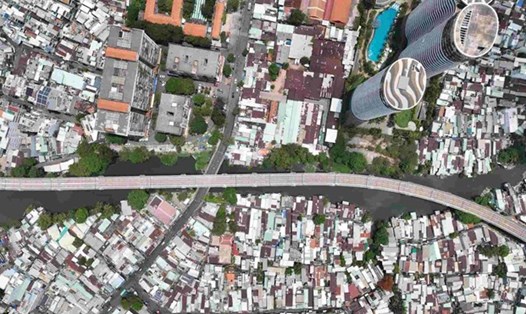On the afternoon of August 23, the Ho Chi Minh City People's Committee Party Committee held the 1st Congress of Delegates for the 2025 - 2030 term.
Ho Chi Minh City Party Secretary Nguyen Van Nen, Politburo member, Secretary of the Ho Chi Minh City Party Committee, attended.
In his opening speech, Chairman of the Ho Chi Minh City People's Committee Nguyen Van Duoc said that the Ho Chi Minh City People's Committee Party Committee was established on February 3, 2025 and officially merged with the Party Committee of the Ba Ria - Vung Tau Provincial People's Committee and the Party Committee of the Binh Duong Provincial People's Committee from July 1, 2025.
Since its establishment, the Ho Chi Minh City People's Committee has promoted the spirit of solidarity, unity, maintaining discipline, promoting democracy and the responsibility to set an example, while demonstrating high political determination in leadership and management to build and develop the city.
According to Mr. Nguyen Van Duoc, in the 2025 - 2030 term, Ho Chi Minh City faces both great opportunities and challenges. The arrangement and consolidation of the three localities has created a special administrative - economic unit, supplementing each other's strengths, forming new development space.
The city aims to become a civilized, modern city by 2030, a pioneer in the industrialization and modernization of the country, and to be in the group of 100 livable cities with the world's leading innovation ecosystem.
By 2045, Ho Chi Minh City strives to become an economic, financial and tourism center of Asia, a global attractive destination, in the group of 100 best cities in the world with high quality of life and sustainable development.

At the congress, Permanent Vice Chairman of the Ho Chi Minh City People's Committee Nguyen Van Tho presented the direction, tasks and key solutions for the new term.
The Party Committee of the Ho Chi Minh City People's Committee sets out 28 main targets, including 3 breakthrough programs on science - technology and innovation, private economic development, and culture - sports.
In addition, 5 key projects will be implemented, including:
- Developing high-quality human resources according to international standards.
- Building the urban railway system of Ho Chi Minh City.
- Developing the International Financial Center in Ho Chi Minh City.
- Construction of Can Gio International Transit Port.
- Implement a Project to basically handle air pollution in Ho Chi Minh City.
Some outstanding indicators identified by 2030 include: average GRDP growth rate of 10 - 11%/year, average GRDP per capita of about 14,000 - 15,000 USD; digital economy accounts for 30 - 40% of GRDP; Human development index (HDI) reaches over 0.8; 100% of people receive health check-ups at least once a year.
Regarding social infrastructure, the city aims to achieve 35.1 hospital beds/10,000 people, 21 doctors/10,000 people, 35 nurses/10,000 people; the rate of schools meeting national standards ranges from 38.5% to 50% depending on school level.
In particular, regarding social security and improving the quality of urban life, Ho Chi Minh City strives to: by the end of 2030:
- Increase by 199,400 social housing apartments.
- The ratio of traffic land to urban construction land is 16 - 26%.
- The urban wastewater collection rate is over 80%, of which 45% is treated to meet standards.
- Over 90% of household waste is recycled or treated with modern technology.
- Complete the relocation of 50% of the houses on and along the canals, equivalent to about 20,000 apartments.











